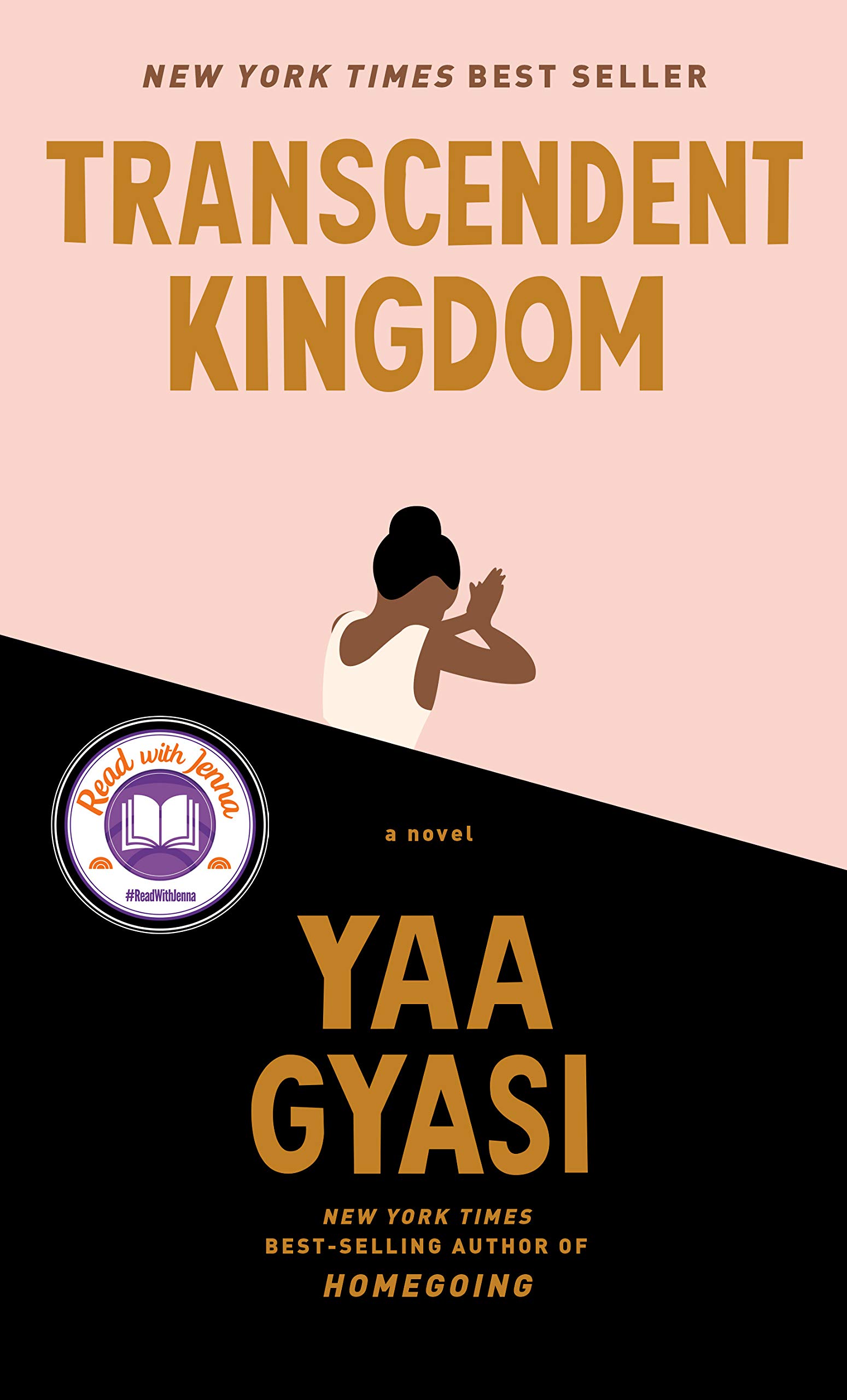
The University of Wisconsin-Madison selected Yaa Gyasi’s Transcendent Kingdom as this year’s Go Big Read book. We invited members of the University community to share their thoughts about the book. This review by Kimathi wa Muthee is the first of 4 reviews that will be published weekly.
***
Transcendent Kingdom by Yaa Gyasi explores the intersection between faith and science. It tells the story of Gifty, a young Ghanaian woman, who finds herself at a crossroads when her brother, Nana, dies from opioid overdose. Having believed, worshipped, loved, and relied on God in her childhood, Gifty drifts away from the faith, unable to understand why an all-powerful God would allow such tragedy. When Gyasi introduces her, she is a sixth-year PhD candidate in neuroscience at Stanford University. Haunted by her brother’s death, her research seeks to understand the truth behind drug addiction. In the course of the novel, she interrogates the capacity for science and faith to give an account of the mind and the body.
As she negotiates her present life as a scientist, we get glimpses of her past as a believer through flashbacks. In the course of her childhood, Gifty establishes the undependability of religion. As a researcher, she finds that science too is not always reliable. But, in spite of these disappointments, Gifty gives up on neither. She graduates with her PhD and goes on to publish a paper on pleasure and punishment in spite of reservations about scientific writing. She also frequents the church long after acquiring her doctorate even though she still doubts God. Gift remarks:
I grew up around people who were distrustful of science, who thought of it as a cunning trick to rob them of their faith, and I have been educated around scientists and laypeople alike who talk about religion as though it were a comfort blanket for the dumb and the weak.
This statement exemplifies how much Gifty’s worlds conflict in the novel. While to most of her friends it seems improbable for science and religion to coexist, Gifty, who simultaneously faults and reveres both, views them not as mutually exclusive.
Transcendent Kingdom’s structure manifests Gyasi’s artistic skill. The author infuses the text with the life of the characters in such a way that their experiences feel tangible to the reader. In her use of flashbacks, Gyasi uses a plot structure that mirrors Gifty’s family’s life. She tells the story not in an orderly succession but in alternating loops of past and present. At some point in the seemingly arbitrary narration, Gifty says, “I miss thinking in terms of the ordinary, the straight line from birth to death. The line of those drug-addled years of Nana’s life is not so easy to draw. It zigs and it zags, and it slashes.” This “zigging and zagging” is on display as the novel unfolds. Additionally, the author captures the jumbled progress of Gifty’s family in her structuring of the novel. Gifty reports that “While Nana was sick, our lives moved in slow motion and at great speed simultaneously.” Mimicking this, some of Gyasi’s chapters are as brief as a few sentences, even as the novel expresses the weight of the opioid crisis in the US and the difficulty of dealing with such crises whether through religion or science.
Transcendent Kingdom couldn’t be timelier. Anyone interested in finding the truth about life’s difficult issues has much to benefit from this book. The novel would also make a wonderful companion as one struggles to make sense of suffering.


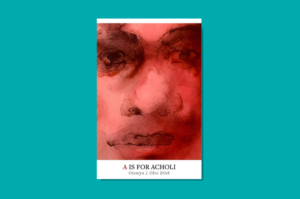
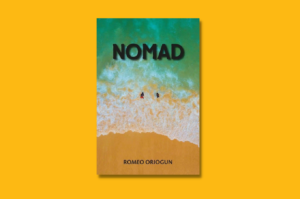
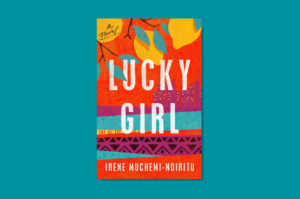
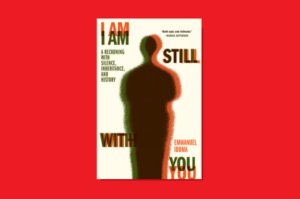
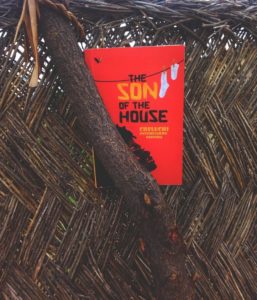

haron muthamia October 17, 2021 22:09
Great insight fellow linguist. Conquer the universe bro